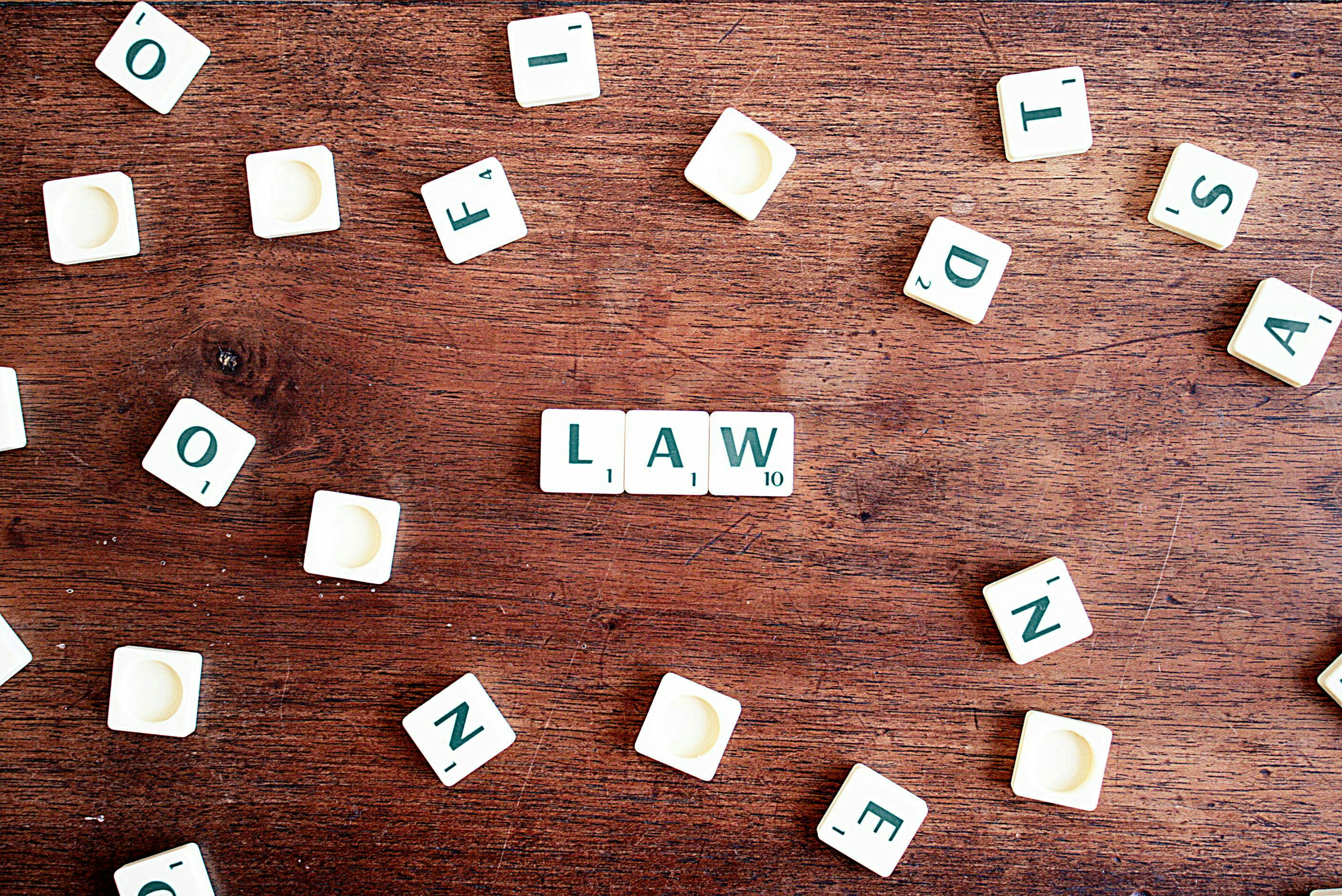Morality and Common Law: The Legacy of Shaw v DPP in the Hart-Devlin Debate

Following Shaw v DPP,1 a legal activity could be considered a crime if charged with conspiracy, despite protests from liberals. There was also a prevailing view that areas of privacy, particularly prostitution and homosexuality, should not be subject to legal intervention. This interpretation seemed to contradict the recommendations of the Wolfenden Report, a contradiction highlighted in a debate between the philosopher H. L. A. Hart and the judge Patrick Devlin over the implications of Wolfenden's findings.2
In this debate, Devlin made a traditional argument for the common law's power to regulate morality, asserting that it could still address homosexuality even if decriminalized under common law. Shaw’s decision plays a significant role in Devlin’s argument, as he believed that the morality of all societies is rooted in standards of conduct endorsed by the “reasonable person,” with these standards originating from court decisions.2 Devlin argued that this mechanism was autonomous: if juries disagreed with certain laws on morality, they could acquit those prosecuted under those laws. In Shaw, the jury embraced a similar autonomous approach, with Lord Simonds stating, “Although accepted public standards may vary to some extent from generation to generation, the current standard is to uphold a good sense of community and to recognize threats to essential values
References
- Shaw v DPP [1961] UKHL 1
- Harry Cocks, “Conspiracy to corrupt public morals and the ‘unlawful’ status of homosexuality in Britain after 1967” (13 June 2016) https://www.tandfonline.com/doi/full/10.1080/03071022.2016.1180899 accessed 5 August 2022